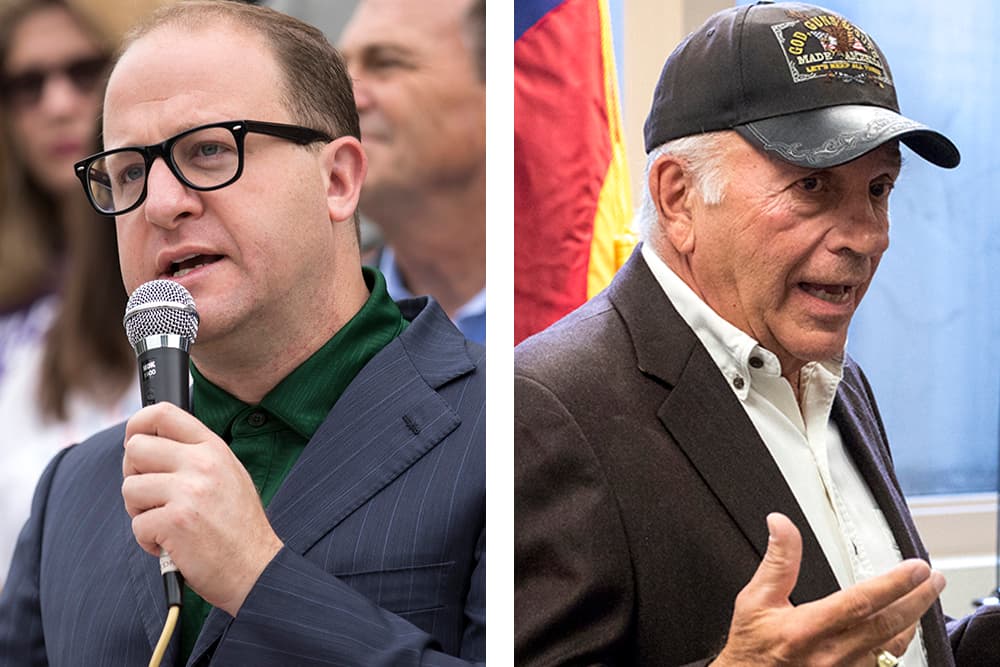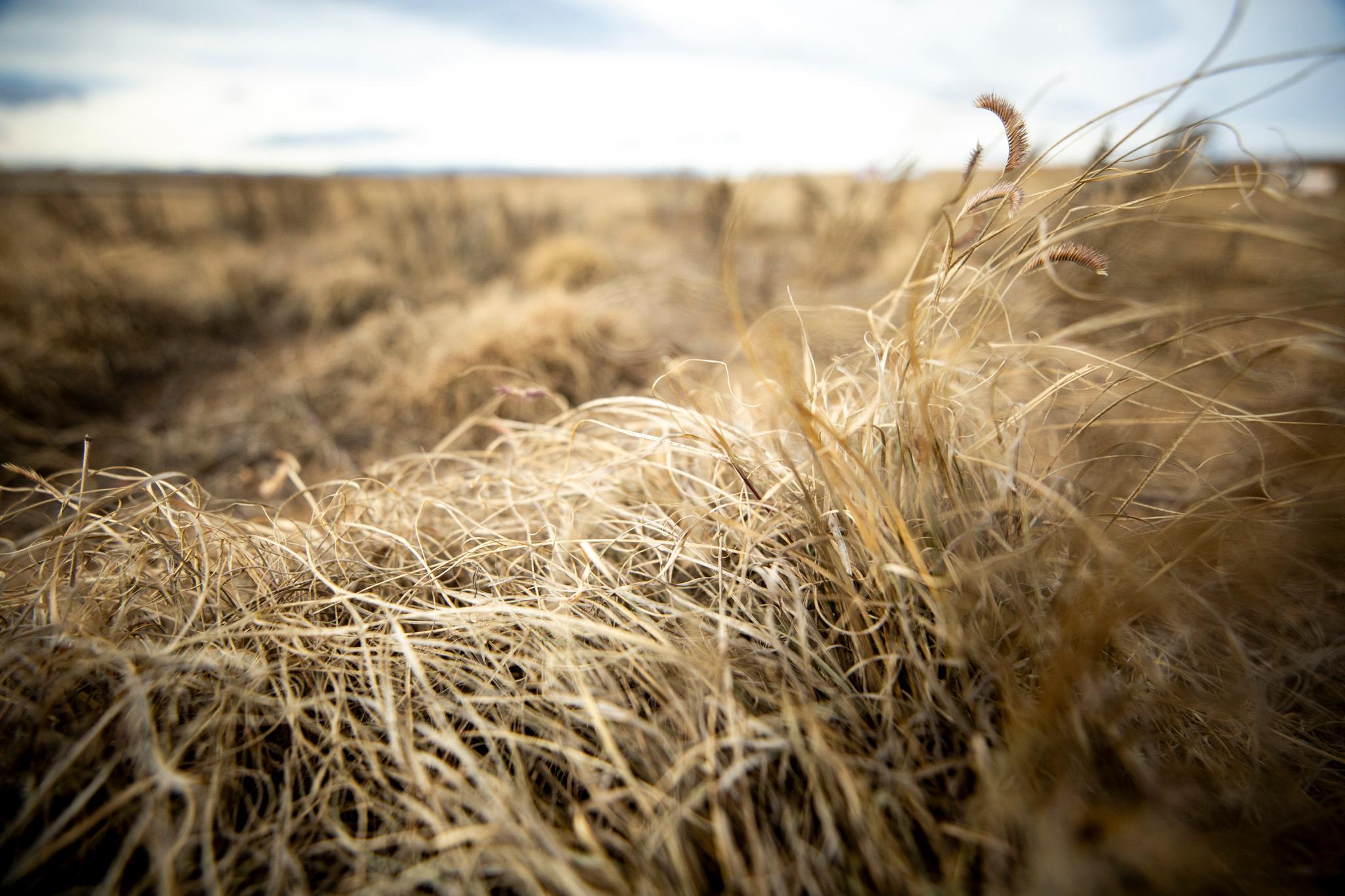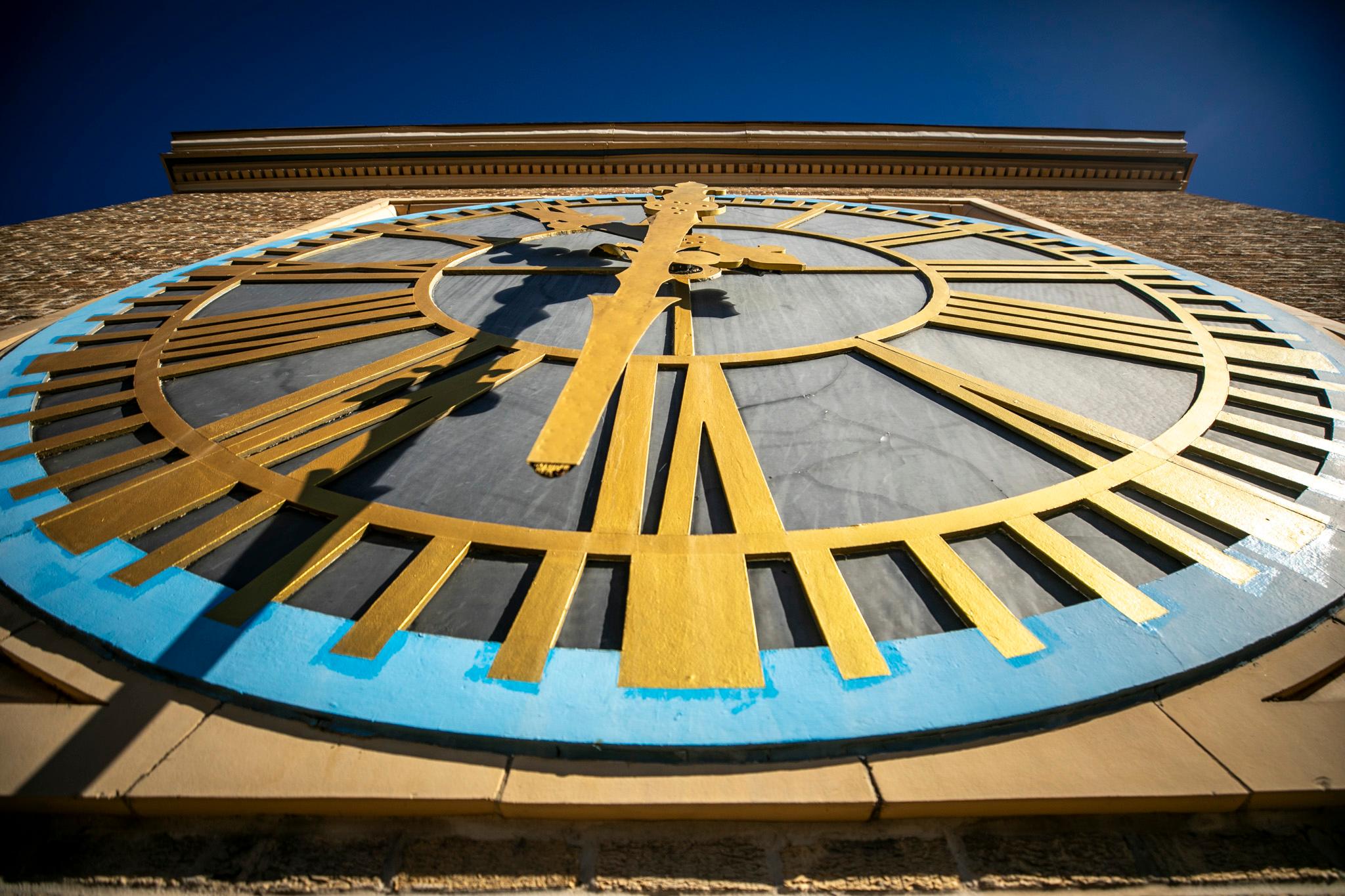
Most Coloradans feel it's too early to say who should be the next person to take on the governorship, but Rep. Jared Polis and former Rep. Tom Tancredo are early leaders for their parties' nominations, according to a new study from the University of Colorado Boulder.
The second annual Colorado Political Climate Survey released Thursday shows Polis, a Boulder Democrat, and Tancredo, a Denver Republican, are the only candidates with double-digit support from their respective parties. Overall, liberal candidates may have enough support to sweep or split the 2018 midterm election in Colorado, the University of Colorado study shows.
Caucuses are the first step in nominating candidates for the 2018 midterm election. The Democratic and Republican parties are set to caucus March 6 and select delegates who will attend the county, legislative, congressional districts and state assemblies.
More than half of Democrats (58 percent) and Republicans (54 percent) said they were undecided for the gubernatorial primary.
Polis was his party's frontrunner with almost a quarter of respondents (24 percent) saying they would vote for him in the Democratic primary. Former Colorado State Treasurer, Cary Kennedy, trailed behind Polis with 6 percent of support.
Twenty-five percent of people who planned to participate in the Republican Primary indicated support of Tancredo. Colorado's State Treasurer, Walker Stapleton, came in second with 8 percent of support.
"It is still very early, possibly too early, to tell how the gubernatorial primaries will shake out," the survey states.
The report shows Coloradans could at least split the ticket for Democrats with Coloradans more likely to support a Democrat running for Congress than a Republican by nearly twenty percentage points. All seven of Colorado's seats in the United States House of Representatives are up for election in 2018.
Fifty-six percent of survey respondents said they would support a Democratic candidate on the ballot. Thirty-seven percent said they would support a Republican. The gap grew 10 percentage points from 2016.
"Not surprisingly, Democrats fare better in urban and suburban areas of the state, while as of now it’s dead-even between the two parties on the generic ballot in rural sections of Colorado," the report states.
CU Boulder launched its Colorado Political Climate Survey in 2016 to provide nonpartisan research, education and public engagement about American politics. The survey was administered online to more than 800 demographically diverse residents in November.
Want more Denver news? Subscribe to Denverite’s newsletter here bit.ly/DailyDenverite.
Business & data reporter Adrian D. Garcia can be reached via email at [email protected] or twitter.com/adriandgarcia.










